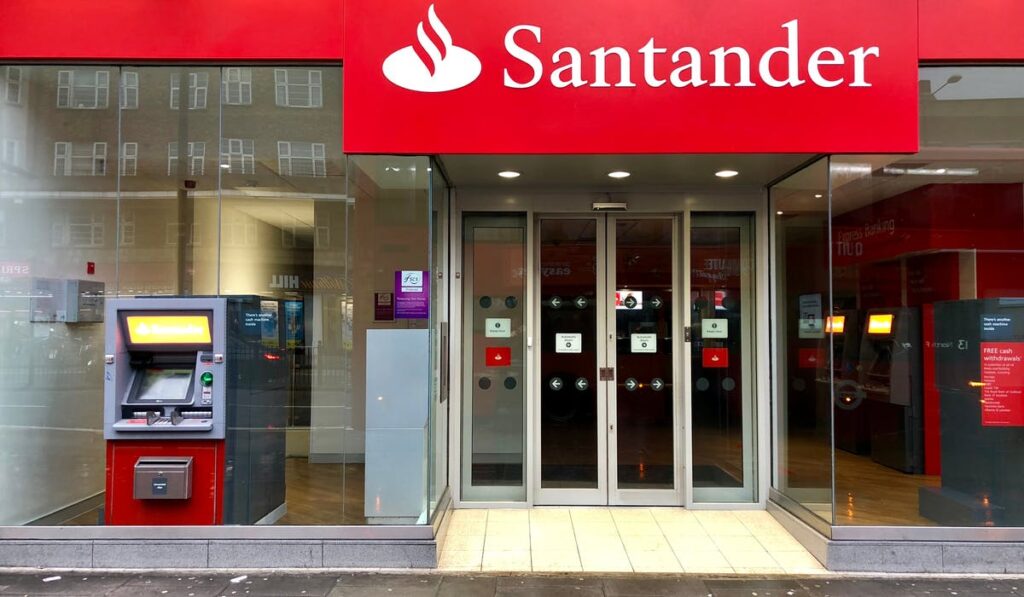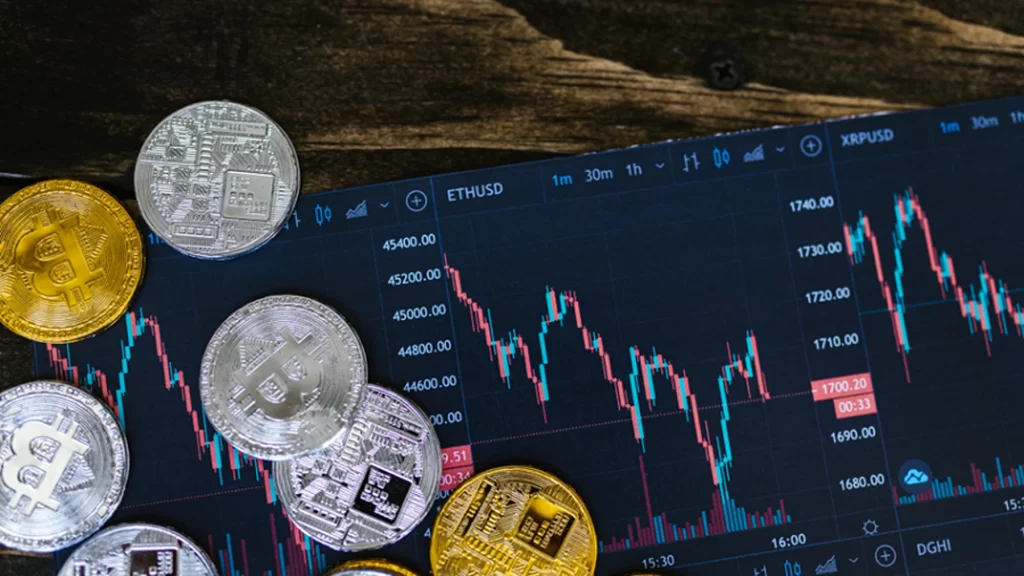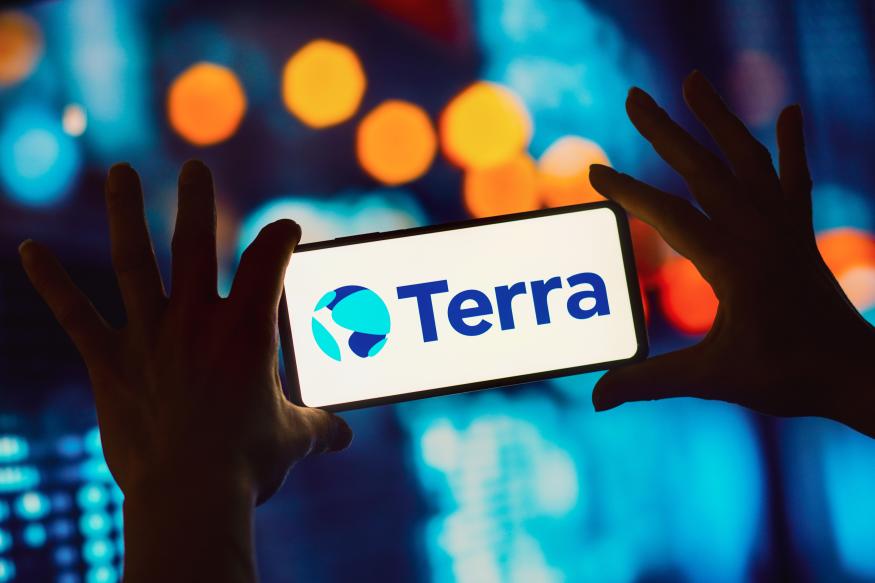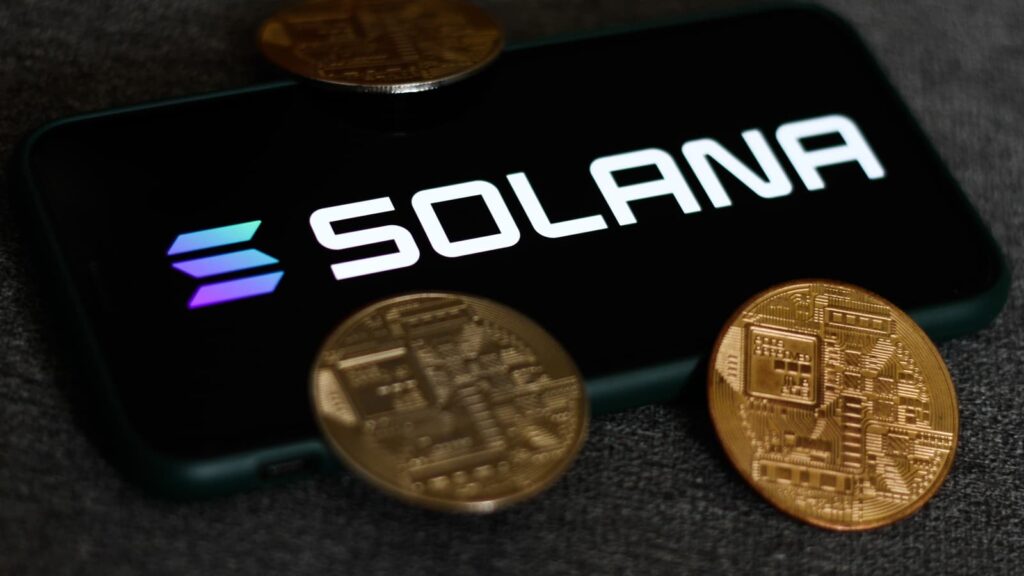A Colorado-based online pastor, Eli Regalado, who stands accused of fraud for promoting a seemingly worthless cryptocurrency, has confessed to the charges, attributing his actions to a divine directive.
In a rather peculiar nine-minute video shared on the official INDXcoin website, Regalado, the founder and spiritual leader of INDXcoin, acknowledged the veracity of the accusations against him and his partner, Kaitlin Regalado.
He candidly admitted, “The charges are that Kaitlin and I pocketed $1.3 million dollars, and I just want to come out and say those charges are true.”
On January 18, the Regalados faced charges of fraud, stemming from their involvement in creating and promoting a fraudulent digital token named INDXcoin, as revealed by the Colorado Securities Commission.
Colorado Securities Commissioner Tung Chan expressed, “We allege that Mr. Regalado took advantage of the trust and faith of his own Christian community and that he peddled outlandish promises of wealth to them when he sold them essentially worthless cryptocurrencies.”
Regalado targeted Christian communities in Denver, asserting that divine revelation had assured him that INDXcoin investments would lead to prosperity.
READ MORE: Bitcoin ETFs: Game Changer or Threat to Crypto’s Core Principles?
Between June 2022 and April 2023, INDXcoin purportedly raised close to $3.2 million from over 300 investors via a platform known as the Kingdom Wealth Exchange, with a significant portion of funds originating from the online-only Victorious Grace Church, where Regalado serves as pastor.
Regalado disclosed that a portion of the raised capital went towards taxes, while a substantial amount was allocated for divine-guided home renovations.
The Kingdom Wealth Exchange ceased operations on November 1, 2023, with Regalado citing financial constraints, asserting that he and Kaitlin were facing financial hardship.
Simultaneously, he conveyed a message from God to INDXcoin holders, urging them not to sell the token and to break free from the pursuit of material wealth.
Despite their admission of impending financial struggle, the lawsuit filed against the Regalados alleges that they lavishly spent the majority of the $1.3 million, indulging in cosmetic dentistry, luxury handbags, snowmobiles, home improvements, and extravagant vacations.
Cointelegraph reached out to Regalado for comment but received no immediate response.










